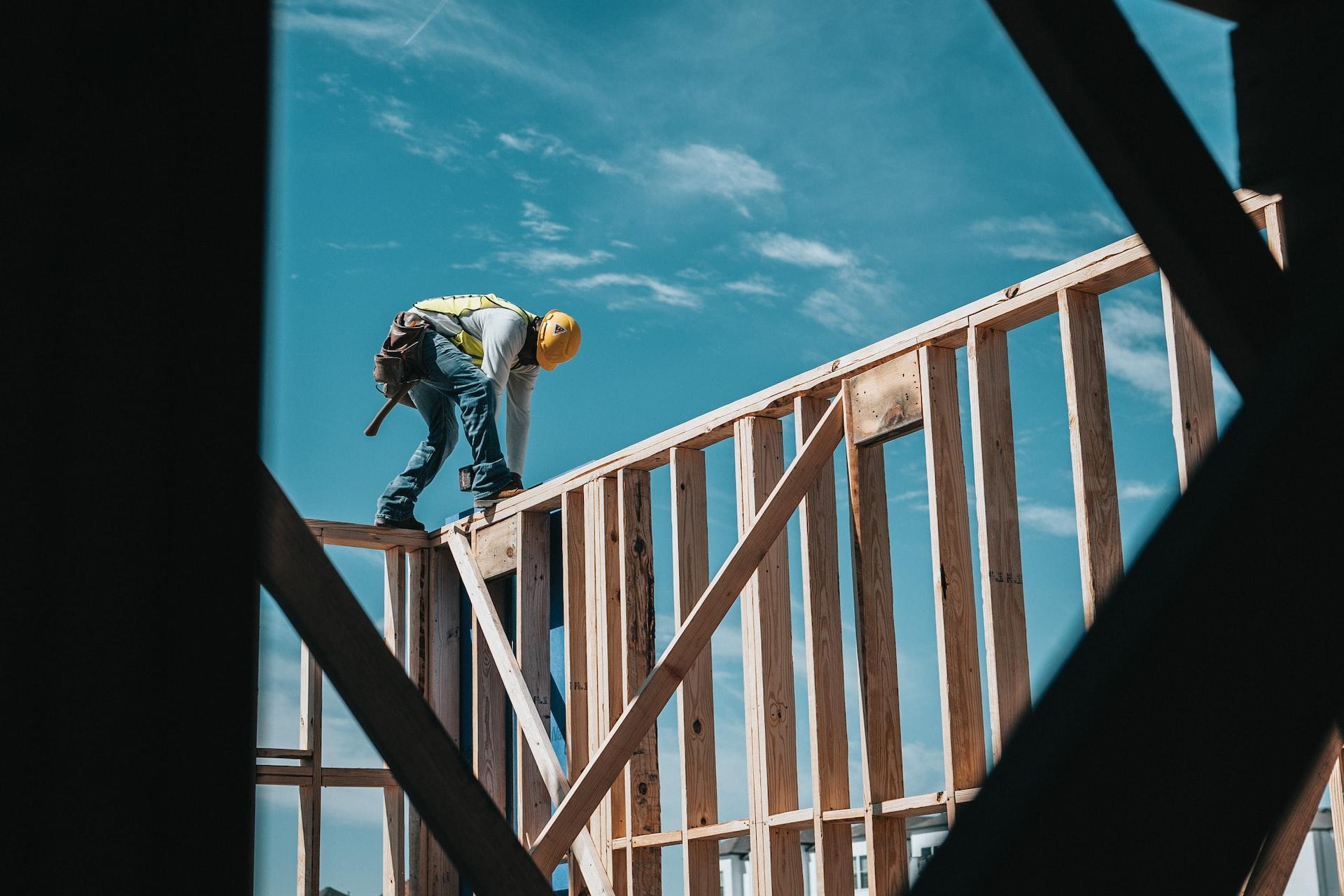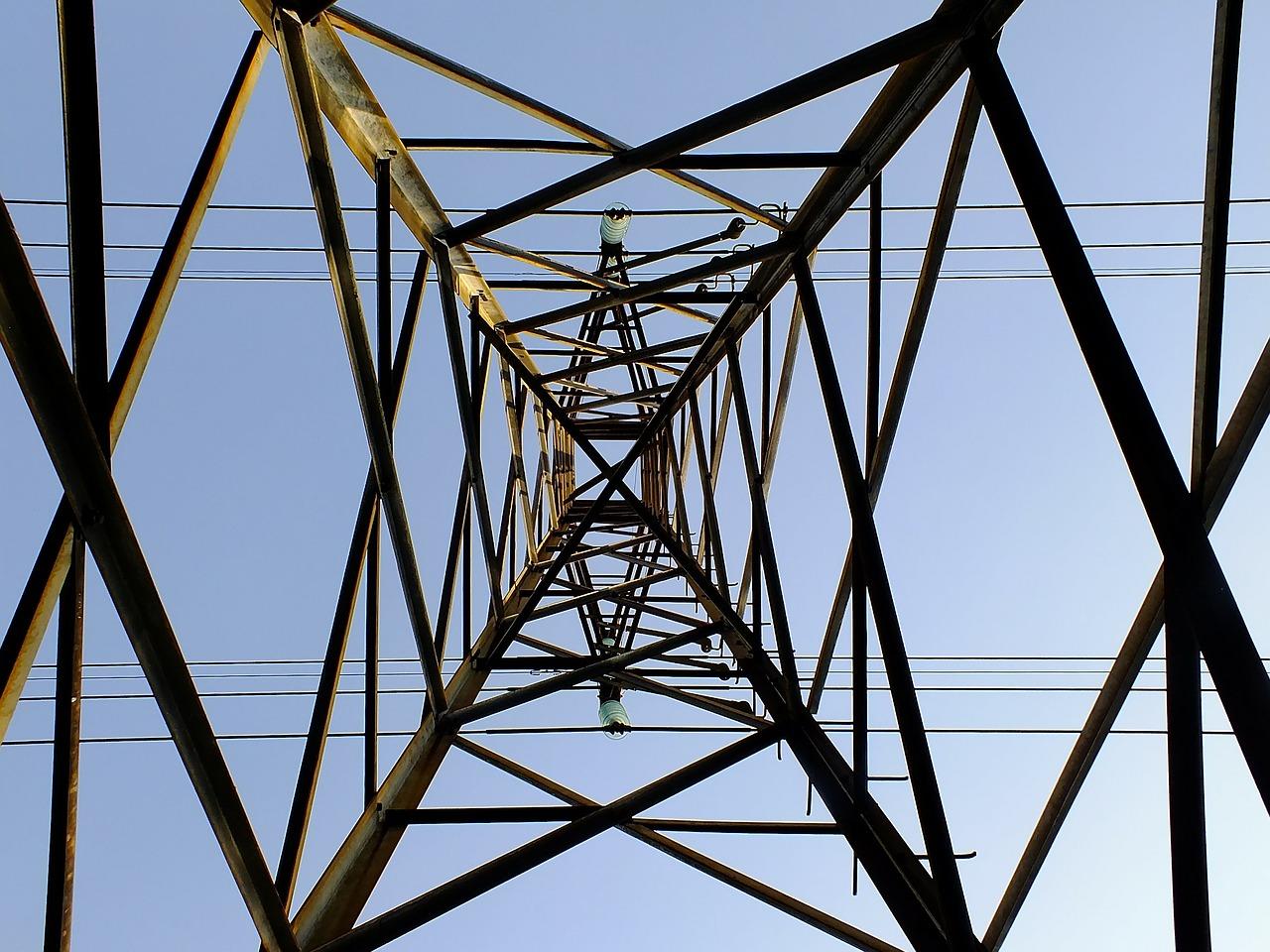Chapters
GCSE Construction is a fairly new vocational subject. It was introduced to cater for those students who prefer a hands-on approach. This industry-based subject will provide you with a taste of working life, outside school. The GCSE Construction course will teach you:
- how to draw building plans using AutoCAD
- how to read blueprints
- about various construction materials
- differences between residential and commercial construction
- the environmental impact of building
- sustainable building practices
- construction industry health and safety standards
The GCSE Construction curriculum isn't purely academic. Your final assessment includes a building project. So if you’re tired of learning from textbooks and are keen to pursue a practical subject, GCSE Construction may be a great option for you to consider.

What is GCSE Construction About?
Quite simply, the GCSE Construction qualification arms you with a foundational education in the building trades. This Council for Curriculum Examination and Assessment (CCEA) learning program touches on everything you need to get started working in construction. But of course, there is a lot more to this course than that.
GCSE Construction teaches you about the cycle of construction. It starts with planning: drawing building plans, complete with utility provisions. Which materials will the builder use? If it's a commercial building - a shopping centre or office suite, perhaps a concrete shell or steel skeleton would suit the developer. On the other hand, if we're planning a residential development, we'll need to consider brick or block work around a wooden A-frame.

Construction isn't just about building things. Construction labourers - the roofers, bricklayers, floor installers and others don't have to worry much about soil erosion and sediment runoff. Those are more their bosses' concerns. However, everyone on a job site, down to the day labourers, must concern themselves with health and safety standards.
Now, a bit more about construction site managers' responsibilities. They ensure workers' safety, first and foremost. They also have to make sure all of the building materials, the bricks, blocks, insulation, tiles and tar paper are on-site. And in sufficient quantities to not disrupt the workflow.
On a larger scale, site managers secure the barriers protecting the natural environment from the building site. You might have noticed some of those protective devices. You might have seen taped-off sewer grates around a construction site or a building shrouded in netting while it gets a facelift.
As a professional in the building trades, you likely won't conduct any environmental impact assessments. That's actually more of a job for ecologists and statisticians. However, you must know how to interpret those reports. Also, whether you're the site manager or a labourer, if you notice any of those environmental guards out of place or not working, you have to remedy the situation.
GCSE Construction Curriculum Overview
When a developer wants to build on a property, they don't simply say "I have a pile of money and I want to put up a skyscraper". Or whatever project they have in mind. The Royal Institute of British Architects (RIBA) has laid out guidelines developers must follow for any building project approval.
It starts with the developer submitting a strategic definition. In other words, a Plan of Work Appraisal. This is a formal document that outlines every possible consideration, from environmental to economic. They must explain how the project will benefit the city or region. This stage of project development does not involve any planning or design. It's all about proving the plan and design are necessary and beneficial.
GCSE Construction takes you through these early steps - concept design, preliminary design and utility design. It explains the entire administrative process that leads to construction. You'll also cover the requisite processes to hand over the finished building.
The first part of GCSE Construction is academic. Other topics you'll go over in class include identifying different standards and types of construction. Those include residential - homes and blocks of flats, commercial, industrial and agricultural structures. You'll also explore community structures like schools, hospitals, libraries and community centres. And, finally, recreational facilities: stadiums, concert halls and the like.
What does a subcontractor do on a building site? What about a plasterer? It's easy to understand what bricklayers and electricians do. The GCSE Construction curriculum discusses all of these vital roles before delving into health and safety practices on the job site.
The topics get more interesting in Unit 2. This is when you start learning about sustainable construction, conservation areas and environmental protection. Rather ponderous topics that include up-to-date legislation regarding zoning, planning and massing - the structure's three-dimensional appearance.
Once you get all of the academic work done, to include technologies used in construction, it's time to hit the building site. Well, not exactly a building site; more of a craft project you'll do under supervision. Before you hit the bricks, as it were, you'll have learned all about selecting the right materials and tools. And then, you're back in the classroom to learn AutoCAD.
Admittedly, GCSE Construction is not as much fun as GCSE Drama. However, like so many other GCSE subjects, Drama included, you'll learn a wide range of skills. This course teaches you many transferable skills like problem-solving and communication. So, even if, in the end, you prefer not to build houses for a living, GCSE Construction still prepares you for the working world.

What You Can Expect from GCSE Construction
This course offers you valuable insight in to the working world. Applying yourself to this GCSE will give you lots of practical experience you can use to find steady work. You'll have the opportunity to visit construction-related industries and businesses. It also paves the way for higher education. Lots of students who do this qualification move on to higher-level courses in construction.
Don't forget that the GCSE Construction curriculum covers aspects of legislation, environmental studies and how to use AutoCAD. After this course, you might decide you want to study architecture, environmental science or a natural science like Geography.
Some students are simply tired of sitting in lessons, wondering if they will ever use the information they're being taught. Students in GCSE Construction classes immediately see their subject material's relevance to ‘real life’ work. GCSE Construction does more than clarify your understanding of what it means to work in the construction industry. It gives you the chance to apply your knowledge in the context of work-related situations.
GCSE Construction brings you a great deal of variety. This non-traditional subject exposes you to how much diversity there is in the construction industry. But you won't be treated like a meathead. You will get the chance to conduct independent research. You'll participate in group work, engage in role-play and take field trips to various places of work. All construction-related, of course.
If you do intend on a career in construction, you'll be starting your networking very early. Most people start building their business or work connections after they land their first job. Maybe a bit before, if they're particularly diligent. You'll have early access to real business resources and benefit from the guidance of people who are actually working in construction.
Students tend to sweat sitting their GCSEs. They spend months revising to earn top marks. We're not knocking them. Sitting exams is tough, especially if those ordeals will shape and define the rest of your life. But even if you have a bad case of text anxiety - a real condition, you won't need to worry too much about the GCSE Construction specification.
For the most part, Construction is a practical GCSE. It's more about learning a trade than stuffing your head full of academic knowledge. You will nevertheless have to sit an exam and complete coursework. This ensures you have understood all the content. So be prepared to develop effective revision techniques! That way, you'll use the allocated controlled assessment time to perform to the best of your abilities.
As mentioned earlier, GCSE Construction will teach you transferrable skills. GCSE Construction will allow you to develop skills such as teamwork, communication, critical thinking and problem-solving. These skills are in high demand across all professional sectors. They will be especially vital to you if you want to take a construction site manager position. Or if you're put in charge of dealing with subcontractors.

Why Consider GCSE Construction?
A lot of jobs that, 50 years ago, paid decent wages and provided steady work aren't around anymore. Construction is not among them. Still today, a skilled builder can find satisfying work and take home a fat pay packet. And construction workers aren't likely to be replaced by robots anytime soon. If ever. All the dust and exposure to the elements would clog them up.
Working outdoors is both a bane and a blessing. Nothing could be finer than spending the summer months out of doors while everyone else is tethered to their desks. On the other hand, even a light rain could cost you a day's wages. And what about working during the winter? Construction projects are few and far between. If you're not already on a crew, you might have to endure a long, fallow period.
And let's be honest. Construction is difficult, demanding work. It's hard physical labour. Even if you specialise in the relatively 'light' trade of laying tile, your body will pay dearly. It's not easy to spend most of your waking life on your knees, hunched over a tile saw. And what about mixing grout? All that fine powder... Decidedly a health risk, especially if you don't wear a respirator. So please do.
The thing is, you won't have to do that back-breaking work forever. Remember that GCSE Construction gives you a complete education in the building trade. You'll learn all about environmental initiatives, how to plan construction jobs and how to read blueprints. Once you get some experience under your belt, you might specialise in a particular facet of construction. You might even go for your electrician's license.
Once you've proven your worth, you may get promoted to site manager. You'll have far more administrative work to do. Stuff like making sure building materials are delivered on time and coordinating the various construction teams. You'll work with the subcontractors, too. For instance, when it's almost time to wire the structure up, you'll be on the phone with the electricians.
But again, you needn't pursue a career in construction. This GCSE touches on ecology and sustainable development. You might find that's where your passions lie. Maybe you'll uncover a hidden talent for computer drawing during your AutoCAD segment. Would training as an architect be too speculative?
Perhaps you'd like to explore other trades after GCSE Construction. Welders are in high demand these days. If you wanted to learn how to weld, you could parlay that skill into high-rise construction. Or fabricating building components like electrical junction boxes and roof joists.
To summarise, if you love a practical approach to learning and feel ready to delve into the world of work, this GCSE would be perfect for you. GCSE Construction is an exciting, motivating and focused qualification that many practically-minded students enjoy and benefit from. And best of all, GCSE Construction prepares you for life and work. Whether you want to join a construction crew or further your education.
















